Search 743 results
Filter by
Events
Series

Sparks tells the story of how underground writers, filmmakers, and journalists are challenging one of the pillars of Communist Party rule: its control of history. In underground documentary films, samizdat magazines, and guerilla journalism, they document famines and political campaigns of years past and write about ethnic clashes and virus outbreaks of the present. Based on years of on-the-ground reporting, Sparks challenges the idea that independent thought in China has been crushed, revealing one of the world’s great battles of memory against forgetting—a struggle that will shape the China that emerges in the coming decades.
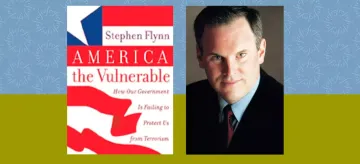
In this book, CFR Fellow Stephen E. Flynn argues that three years after September 11, the United States is still dangerously unprepared to prevent or respond to another attack on its soil. The United States should be operating on a wartime footing at home, but despite the many new security precautions that have been proposed, America’s most serious vulnerabilities remain ominously exposed. Teaching notes by the author.

In this book, CFR Senior Fellow Charles A. Kupchan addresses the broad strategic challenges and emerging nature of global politics facing the United States in this new century. Teaching notes by the author.
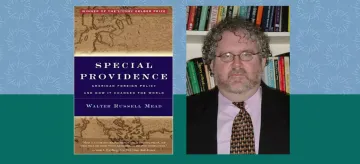
In this book, CFR Senior Fellow Walter Russell Mead argues that the United States has had a more successful foreign policy than any other great power in history, and attributes this unprecedented success (as well as recurring problems) to a vigorous interplay among four powerful political traditions that have shaped foreign policy since the Revolution. Teaching notes by the author.
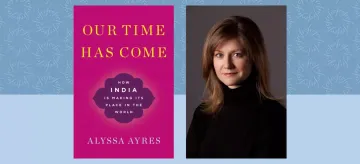
How a fiercely independent India takes its place as a leading power needs to be on the shortlist of questions that will shape this century. With its huge military and growing economy, India is ready to set its own terms, from defense to climate to trade as a “leading power,” in the words of Prime Minister Narendra Modi.
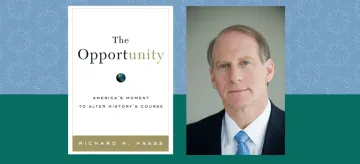
In this book, CFR President Richard N. Haass offers a concise and engaging analysis of international relations and American Foreign policy in the post-Cold War era. Haass argues that the United States sits at a unique juncture in world history, one in which much of what it seeks to achieve in the world has the potential to be broadly acceptable to other major powers. Teaching notes by the author.
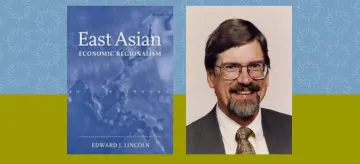
In this book, Edward J. Lincoln examines economic regionalism in East Asia and its implications for U.S. policy in the region. Teaching notes by the author.
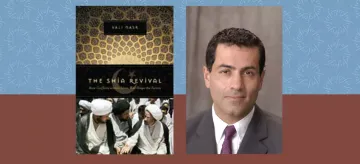
In this book, CFR Adjunct Senior Fellow Vali Nasr, one of the leading scholars on the Middle East, provides us with the rare opportunity to understand the political and theological antagonisms within Islam itself as nations around the world struggle with the threat of militant Islam. Teaching notes by the author.
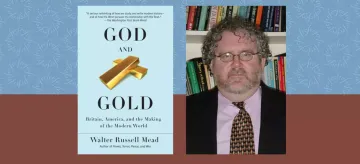
In this book, CFR Senior Fellow Walter Russell Mead recounts how the British and their American heirs built an unrivaled global system of politics, power, investment, and trade over the past three hundred years. Teaching notes by the author.
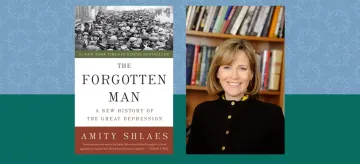
In this book, CFR Senior Fellow Amity Shlaes asserts that the real question about the Depression is not whether Roosevelt ended it with World War II, but why the Depression lasted so long. She argues that federal intervention between 1929 and 1940 unnecessarily deepened and prolonged the Depression. Teaching notes by the author.